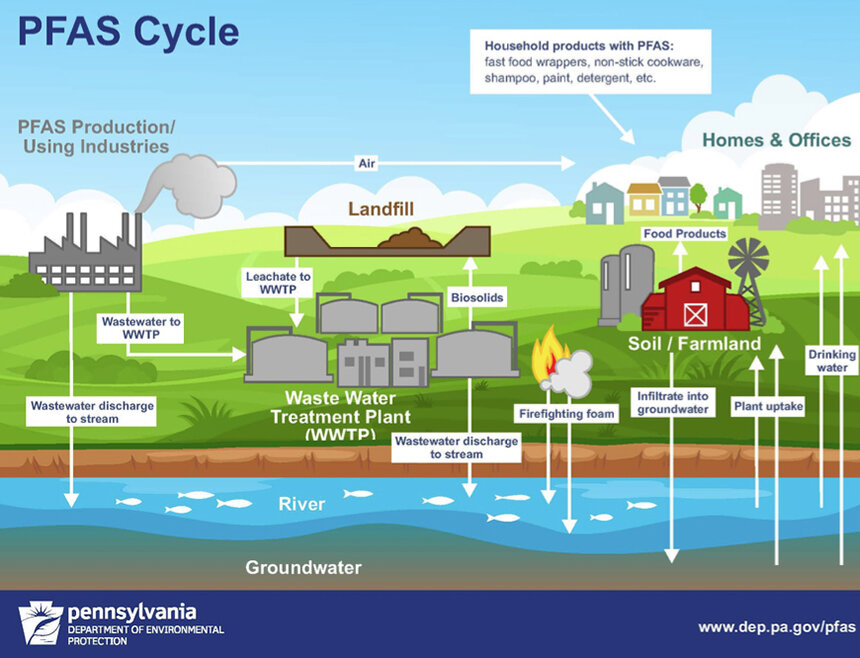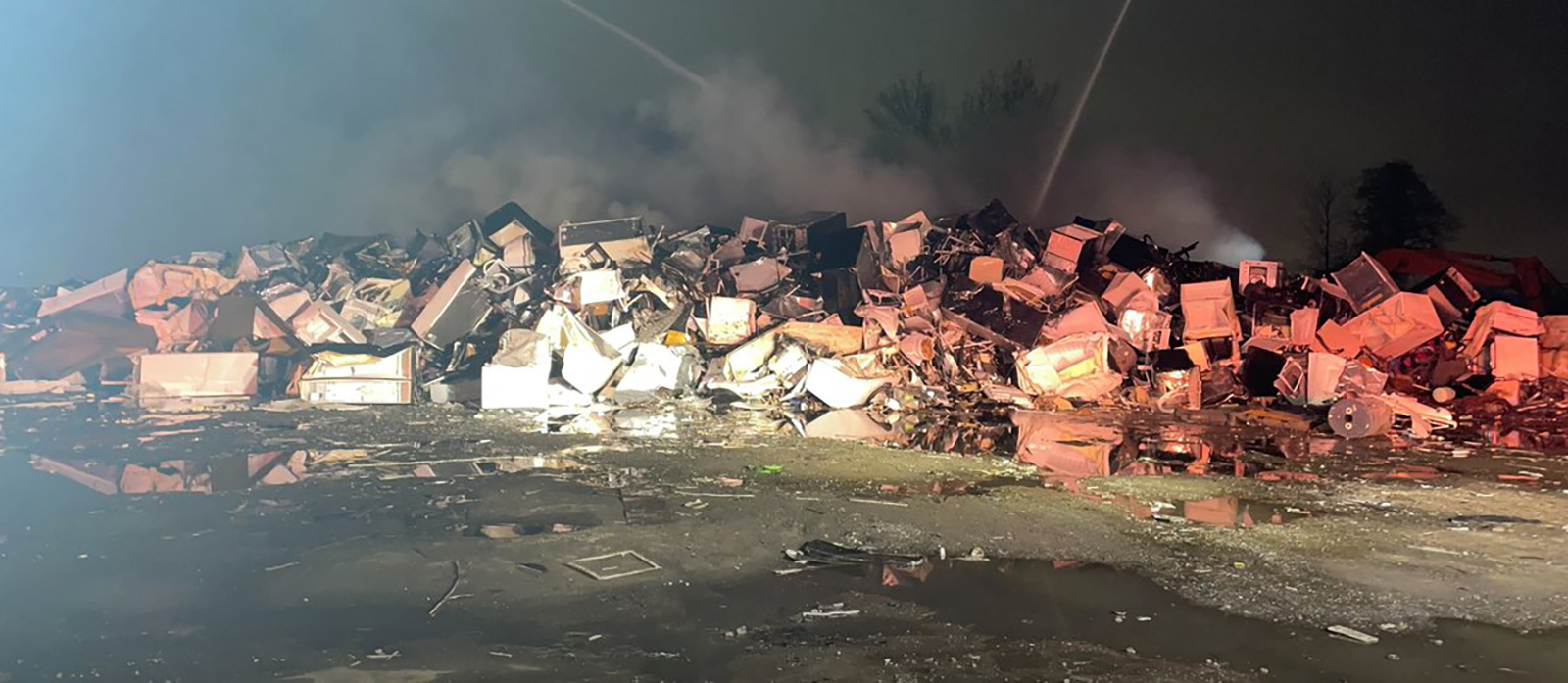Resident Challenges Buttonwood Beach Association’s Right to Withhold Records
November 7, 2022
WARWICK, R.I. — A prominent resident and shoreline activist is charging the Buttonwoods Beach Association with violating the state’s open records law over documents related to a traffic stop in 2019.
In a petition submitted to the attorney general’s office, Richard Langseth alleges the beach association broke state law when it declined to produce a list of its shareholders, an unredacted copy of its liability insurance policy, and the association’s related governance documents.
The beach association had previously complied with at least one of the open records requests from Langseth, sending him a partially redacted copy of its liability insurance policy, but then-association president Peter Dorsey declined to provide the rest, arguing that the Buttonwood Beach Association (BBA) did not meet the definition of an agency under the Access to Public Records Act (APRA) statute.
In his appeal to the attorney general, Langseth — a data analyst who has lived in or around the fire district area for decades — argues that because the BBA does not function as a typical homeowners association, but regulates the use of lots, homes, and public streets through its corporate and police powers, the association should be classified as a state actor and fall under jurisdiction of APRA laws.
“The BBA is not just governing its shareholders,” Langseth wrote. “It governs the public living at Buttonwoods who are not eligible to purchase shares in the BBA or who choose not to do so for estate tax planning or other reasons.”
The beach association maintains it owns the roads and they are private.
Langseth’s open records requests began in 2019, after he was stopped by a Warwick police officer detailed to the beach association, just outside association property. According to Langseth’s affidavit, the police officer was checking a list of beach association shareholders when stopping people on the road.
Langseth later asked the Warwick Police Department for additional information on the stop, and a copy of the list used by the officer to verify BBA members. The Police Department referred Langseth to the beach association for more information.
The Buttonwoods Beach Association declined to comment for this article.
Fire districts and private associations have come under renewed scrutiny in recent years as shoreline access becomes a prominent issue. Despite their current status as quasi-governments that rule over private neighborhood enclaves near some of the state’s choicest coastlines, fire districts originally started centuries earlier in the state to help local towns fight fires.
The districts come with a few quirks: they’re allowed to raise taxes to help pay for operations, and they fall subject to state open records and open meeting laws. Coventry is one of the few notable cases where fire districts actually still fight fires.
But as municipalities converted to traditional fire departments, fire districts started being used to create private neighborhoods for well-off residents, often using it to restrict shoreline access.
In Rhode Island, residents have a constitutional right to the shore. But state Supreme Court decisions have narrowed the public’s shoreline access, stopping it at the mean high-water line, a variable boundary that’s difficult to discern for the common beachgoer and almost always underwater.
Shoreline access has flared up as an issue in recent years, with a number of high-profile arrests and lawsuits over the issue. Activists maintain they have a right to access the shore; homeowners often declare it to be trespassing.
Last year the General Assembly convened a study commission to consider lateral shoreline access and make legislative recommendations to resolve the issue. In its final report, the commission recommended fixing the public boundary 6 feet landward from the seaweed line.
The legislation passed the House but did not receive a hearing in the Senate by the end of the legislative session in June.
Nestled between Greenwich Bay and Brushneck Cove, the Buttonwoods Beach Association and related fire district are home to about 140 residents, including former state senator Mark McKenney and realtor David Splaine, both of whom were on the shoreline access study commission.
The district’s traditional boundary line is Anthony Comstock Road, with almost everything east of it falling under the powers of the fire district and beach association. The fire district has “no trespassing” signs posted on the road, with another sign reading “a private community, residents and guests only.”
The district and beach association uses its tax money not to fight fires, but to maintain roads, sidewalks, drainage systems, and as needed to pay for police details. In the beach association’s 10-year infrastructure plan, it recommends setting aside more than $40,000 annually to pay for maintaining and repairing infrastructure throughout the district.
Meanwhile, the APRA complaint isn’t the first time Langseth has reported the fire district or beach association to the attorney general. In the past, Langseth has reported the fire district for open records or Open Meetings Act violations, several of them successful.
The current complaint regarding the beach association remains before the attorney general’s office for consideration.



